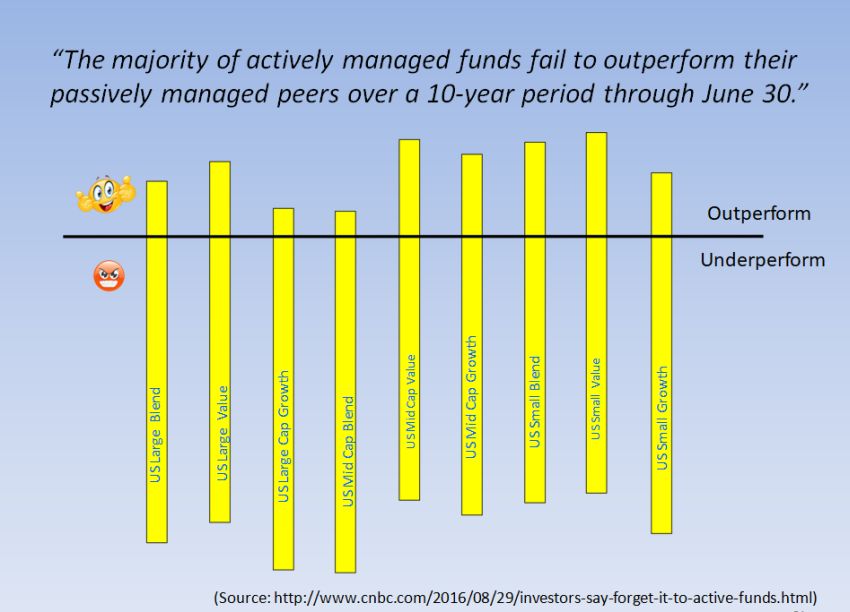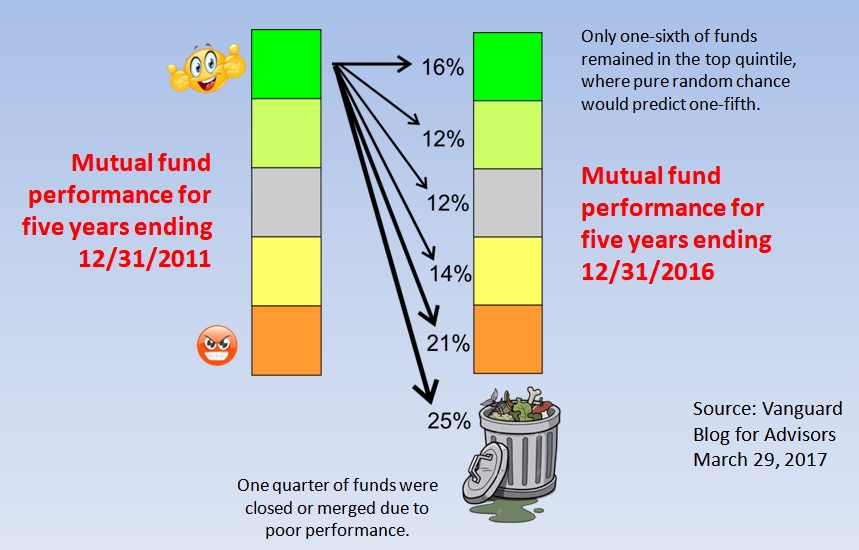Hello FIRE members,
I am a 62 yr old married male and retired last December. I’ve just now rolled my 401K over to a Fidelity IRA ($2.0M) and Roth IRA ($70K). I’ll manage my own investments and need to make my fund selections. I’ve had good performance in the past on my employer’s 401k with primarily Vanguard and T Rowe Price funds. At least some of those funds are closed to new investors and others require a minimum investment higher than I have.
I’m asking for recommendations from this group on what funds I should consider including in these two IRAs which represent about 60% of my total retirement accounts. The rest are in my wife’s 401k ($750K) and in inherited IRAs ($500K).
My investment goals are growth and income. My planned mix is roughly as follows (and I’m receptive to differing opinions):
Large cap growth. 20%
Mid cap growth. 15%
Small cap value. 10%
International growth. 15%
Emerging Mkts. 10%
Bonds. 20%
Cash. 10%
I’d appreciate any specific fund recommendations in any of these classes or
others. Please let me know if you have any questions. Thanks in advance for any advice, as I value the vast collective knowledge of the members of this forum.
Dan
I am a 62 yr old married male and retired last December. I’ve just now rolled my 401K over to a Fidelity IRA ($2.0M) and Roth IRA ($70K). I’ll manage my own investments and need to make my fund selections. I’ve had good performance in the past on my employer’s 401k with primarily Vanguard and T Rowe Price funds. At least some of those funds are closed to new investors and others require a minimum investment higher than I have.
I’m asking for recommendations from this group on what funds I should consider including in these two IRAs which represent about 60% of my total retirement accounts. The rest are in my wife’s 401k ($750K) and in inherited IRAs ($500K).
My investment goals are growth and income. My planned mix is roughly as follows (and I’m receptive to differing opinions):
Large cap growth. 20%
Mid cap growth. 15%
Small cap value. 10%
International growth. 15%
Emerging Mkts. 10%
Bonds. 20%
Cash. 10%
I’d appreciate any specific fund recommendations in any of these classes or
others. Please let me know if you have any questions. Thanks in advance for any advice, as I value the vast collective knowledge of the members of this forum.
Dan


